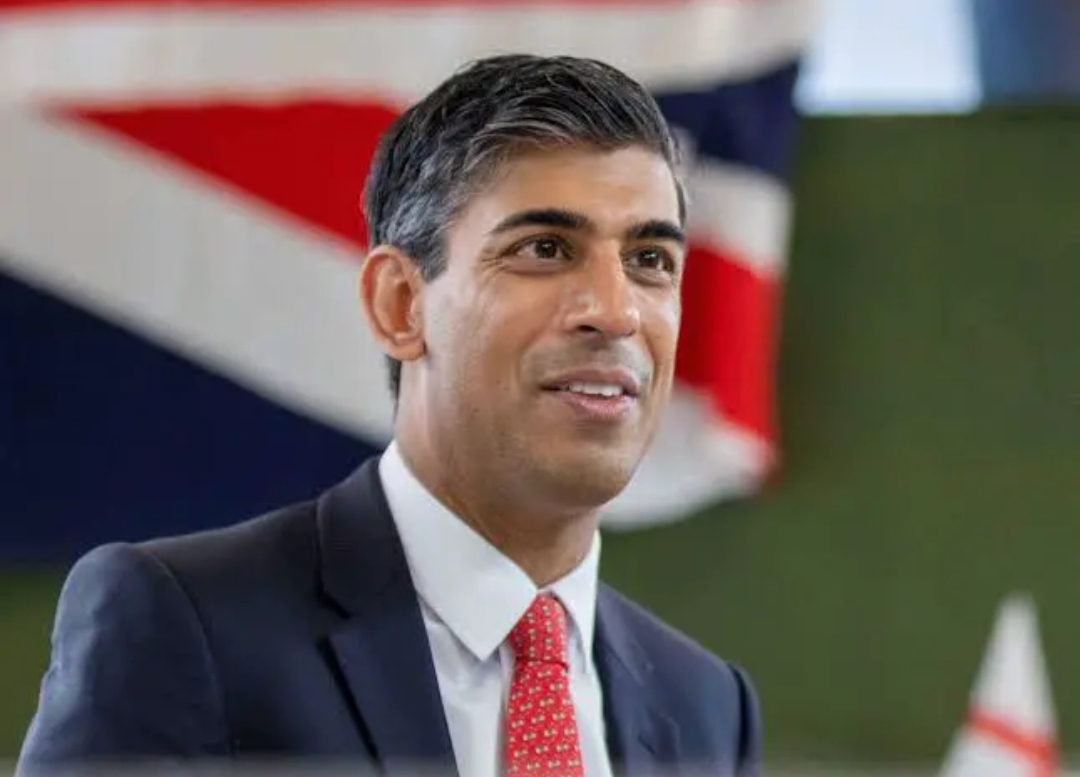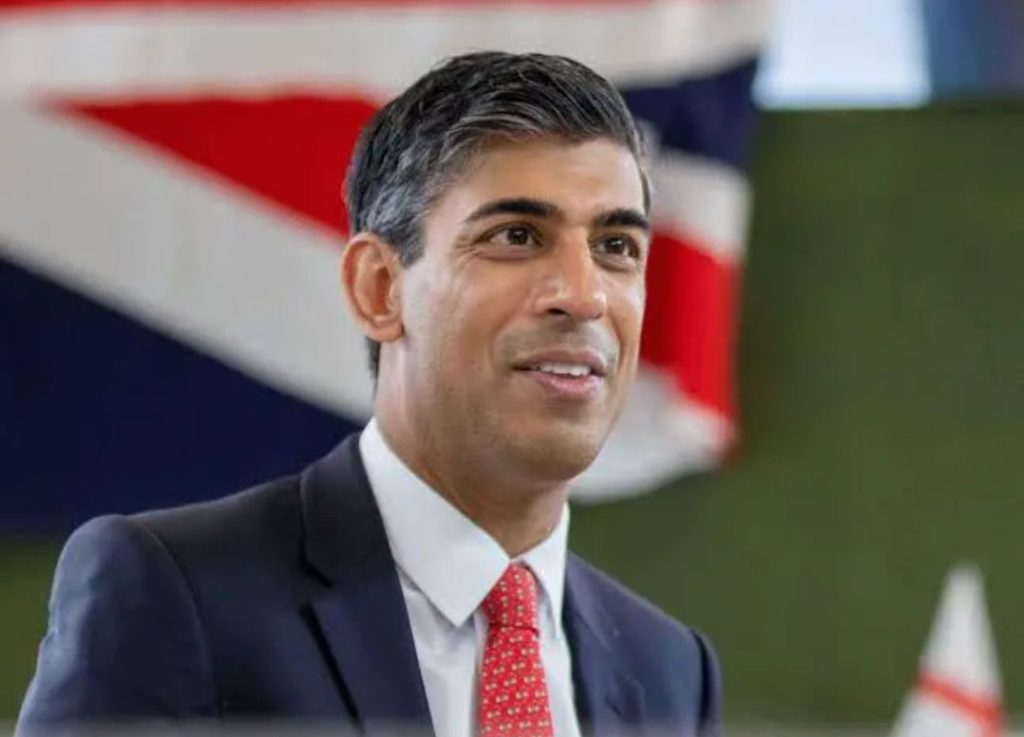
As the Covid Inquiry reaches a critical point, Prime Minister Rishi Sunak will have to answer tough questions about the role of the Eat Out to Help Out scheme in spreading the virus. Leaked WhatsApp messages show that some leading scientists called Sunak “Dr Death, the Chancellor,” accusing him of putting the economy before public health while heading the Treasury during the crisis

According to a report by Express, as Sunak takes the stand on December 11, questions will revolve around whether scientists were granted excessive power and if sufficient consideration was given to the consequences of Covid lockdowns. This week holds further significance for Sunak as he anticipates a crucial vote on his Rwanda plan.
Despite the controversy, Cabinet minister Michael Gove has staunchly defended the decisions made by Sunak during his tenure at the Treasury. Gove asserts that there was no public critique of the Eat Out to Help Out scheme when it was launched in August 2020. However, revelations from Professor Sir Chris Whitty, England’s chief medical officer, and Sir Patrick Vallance, the former chief scientific adviser, suggest a lack of advance consultation about the scheme that incurred substantial costs.
During testimony at Baroness Hallett’s inquiry, Sir Patrick Vallance expressed concern that the scheme was “highly likely” to have contributed to increased deaths. Gove countered by emphasizing that the policy had been announced a month before implementation and aligned with prevailing rules on social mixing.
The Eat Out to Help Out initiative, introduced by Sunak in July 2020, offered a 50% discount on food and non-alcoholic drinks, aiming to support the beleaguered hospitality industry. However, former deputy chief medical officer Professor Sir Jonathan Van-Tam criticized the scheme, noting that it contradicted efforts to discourage certain behaviors.
A significant diary entry from Sir Patrick Vallance indicates a comment by Dominic Cummings, then-chief adviser to Prime Minister Boris Johnson, suggesting that Sunak’s approach was to “let people die, and that’s OK.” The inquiry has shared an interview Sunak had with the Spectator magazine in August the previous year, where he claimed restrictions prevented him from discussing the trade-off between economic and social impacts of lockdowns and their benefits in controlling the virus.
Sunak’s handling of WhatsApp messages will also be under scrutiny, with his reported claim to the inquiry that due to changing phones, he no longer has access to those messages. Lawyers representing bereaved families, long Covid groups, and the Trades Union Congress will question Sunak, seeking answers on the decision-making process that left millions vulnerable to the pandemic due to inadequate financial support.
As the inquiry unfolds, it is imperative for Sunak to address the concerns raised by scientists, respond to criticisms of the Eat Out to Help Out scheme, and elucidate his perspective on the trade-offs between economic activity and public health during the pandemic. The spotlight on Sunak’s decisions and messaging amplifies the gravity of this inquiry, shaping public perception and potentially influencing the future trajectory of his political career.




